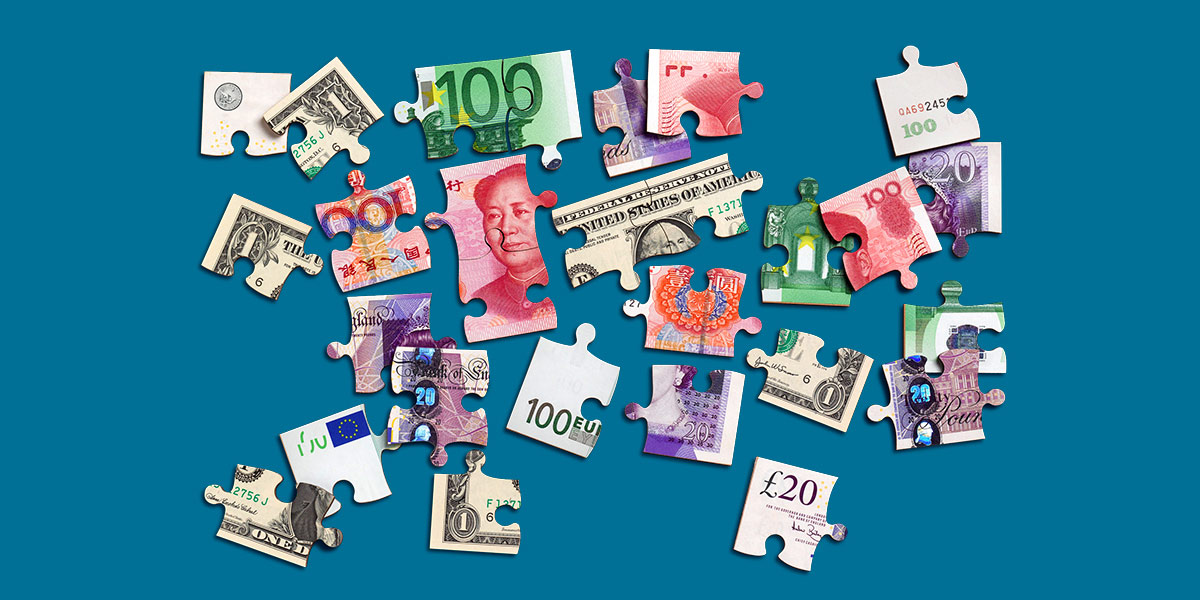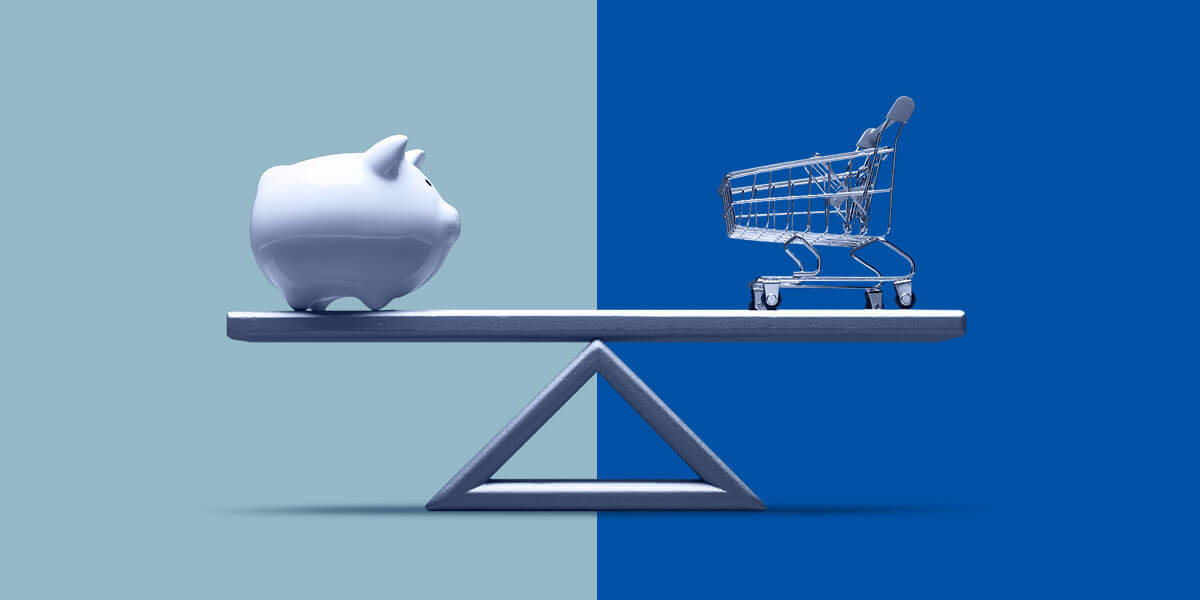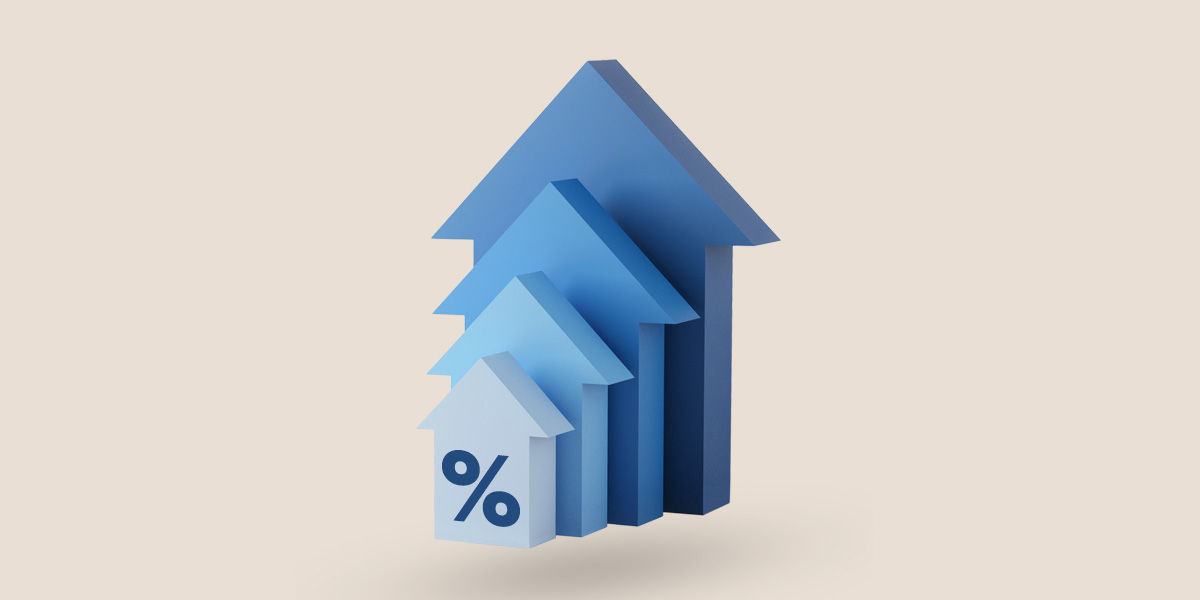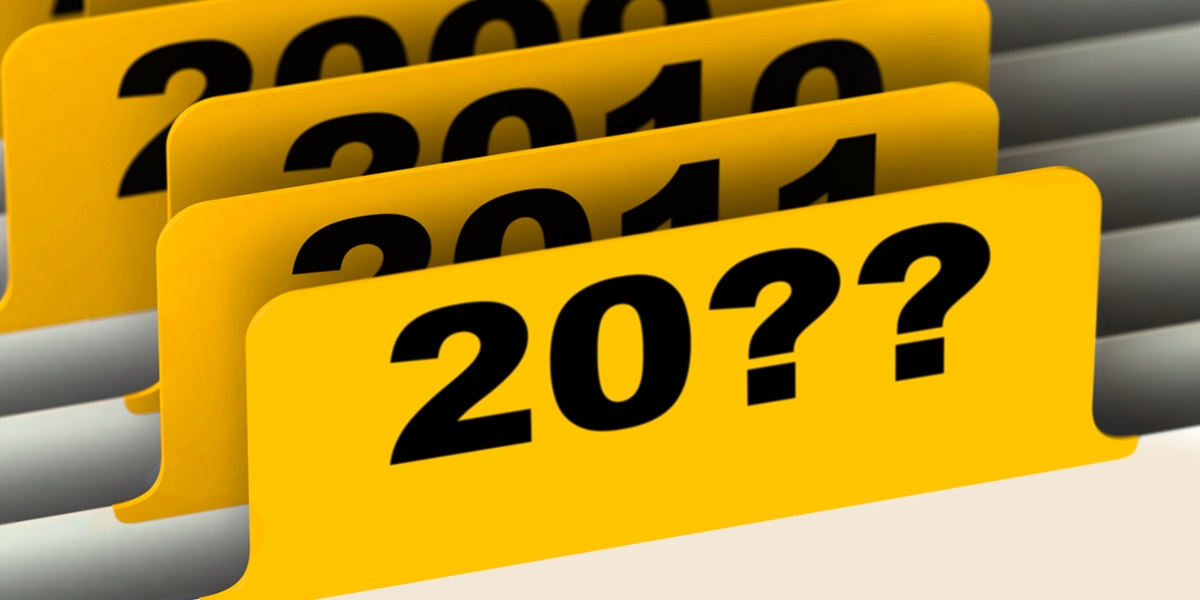-
Personal Banking -
Insights
What Is a Money Market Account?
A money market account is a type of bank account that offers a secure way to save and grow your money, while still having access to your funds if you need them. Money market accounts combine some of the features of savings accounts and checking accounts. They typically earn interest like savings accounts, but they may also offer debit card or check-writing privileges like checking accounts.
Pros and Cons of a Money Market Account
Wondering whether it's worth opening a money market account? The answer depends on your particular goals and plans for your money. Money market accounts offer both advantages and disadvantages.
Pros of a Money Market Account
- Your money is safe. A money market account at a FDIC-insured bank is protected by the federal government up to $250,000 per depositor, per institution and per account type. That means it can be a safe place for your savings.
- You can earn interest. Some money market accounts pay interest rates that are substantially higher than the rates paid on standard savings accounts.
- Your money is easily accessible. A money market account can be a good option for earning interest without losing access to your funds. You can withdraw funds from a money market account at any time without penalty, and you may be able to write checks or use a debit card to spend money from the account.
Cons of a Money Market Account
- A higher minimum balance may be required. Some money market accounts require a substantial balance to open or avoid monthly fees.
- Withdrawal limits may apply. There may be limits to the number of withdrawals or transfers you can make out of your money market account each month.
- Easy access may discourage saving. If you have checks or a debit card drawn on your money market account, it may be more tempting to spend the funds in the account rather than prioritize saving.
How Do Money Market Accounts Work?
Money market accounts work like other deposit accounts, such as savings accounts. When you deposit funds into a money market account, you start earning interest on those funds. Usually, that interest is compounded daily and paid on a monthly basis.
Whenever you need money from your money market account, you can withdraw it without penalty. You can make withdrawals via check, debit card, online banking transfer, in person or via other options offered by your financial institution.
You can choose a personal money market account for your personal banking needs, or if you own a business, you can choose a business money market account for your business.
Are Money Market Accounts FDIC Insured?
Yes, money market accounts are FDIC insured if they are held at a bank that is covered by the Federal Deposit Insurance Corporation. Like other deposit accounts, money market accounts are insured up to the legal limit of $250,000 per depositor, per account category and per bank.
That means if you have one money market account at a bank, it's insured by the government up to $250,000. If you and your spouse have a joint money market account, that account has two depositors, so it's insured up to $500,000.
Can a Money Market Account Lose Money?
The money you deposit in a money market account is safe from the ups and downs of the stock market and is protected by FDIC insurance if you meet the requirements mentioned above.
However, you can potentially lose money in a money market account due to possible fees and penalties.
Some banks charge fees when the balance in a money market account falls below a certain threshold. If your balance goes below that threshold, the fee may be deducted from your account on a monthly or quarterly basis.
Also, some banks charge penalties if you make more than a certain number of withdrawals — typically six — in a month from a money market account.
While fees and penalties make it possible to lose money in a money market account, many banks waive fees and penalties under certain conditions, such as if you maintain a minimum balance or you open an additional account at the same bank.
Institutions have different requirements, so it's important to know the requirements of your account to avoid penalties.
Money Market Accounts vs Other Deposit Accounts
Money market accounts share some similarities to other types of deposit accounts, but they also have some unique characteristics.
Money Market vs High-Yield Savings
Both money market accounts and high-yield savings accounts pay interest on your savings. Compare interest rates between the two types of accounts to determine which one will better help you reach your savings goals.
High-yield savings accounts usually have lower minimum balance requirements, while money market accounts are typically more accessible because they may come with checks or debit cards. Both types of accounts may be FDIC insured.
Money Market vs CDs
A Certificate of Deposit (CD) may have a higher interest rate than a money market account, but CDs limit accessibility to your funds. For example, if you purchase a one-year CD but you end up needing to access your funds before the end of 12 months, you might have to pay a penalty to withdraw your money.
Money Market vs Checking
Money market accounts and checking accounts both offer easy access to your money, usually with check writing privileges and debit cards. However, money market accounts typically pay higher rates of interest than regular checking accounts. Money market accounts may also have higher minimum balance requirements than checking accounts.
Choosing What is Best for You
A money market account can be an important tool for building savings, protecting your funds, and maintaining easy accessibility to your money. However, a money market account may not be the right fit for every individual or business.
Consult with a wealth planner to determine whether a money market account is right for your financial goals.
This article is for general information and education only. It is provided as a courtesy to the clients and friends of City National Bank (City National). City National does not warrant that it is accurate or complete. Opinions expressed and estimates or projections given are those of the authors or persons quoted as of the date of the article with no obligation to update or notify of inaccuracy or change. This article may not be reproduced, distributed or further published by any person without the written consent of City National. Please cite source when quoting.





